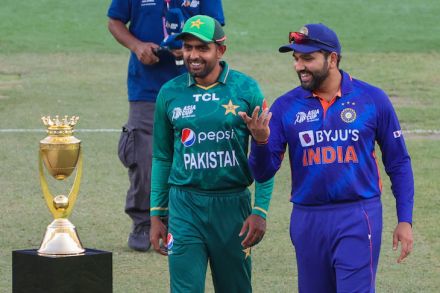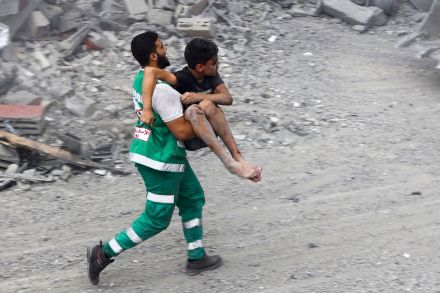The crushing defeat of Australia’s divisive Voice referendum
Australia’s Prime Minister, Anthony Albanese, urged his fellow Australians to take ‘the opportunity to make history’ today. And they did, but not in the way that Albanese had so fervently hoped. His government’s referendum, which aimed to change the country’s constitution to entrench an Aboriginal and Torres Strait Islander advisory voice to Australia’s parliament and executive government, was defeated by a majority of voters in all Australian states. The final margin, 59 per cent to 41 per cent between Yes and No, was not just decisive. It was a landslide of resounding proportions, almost a mirror reversal of the polled support for the Voice as recently as April. The biggest






















